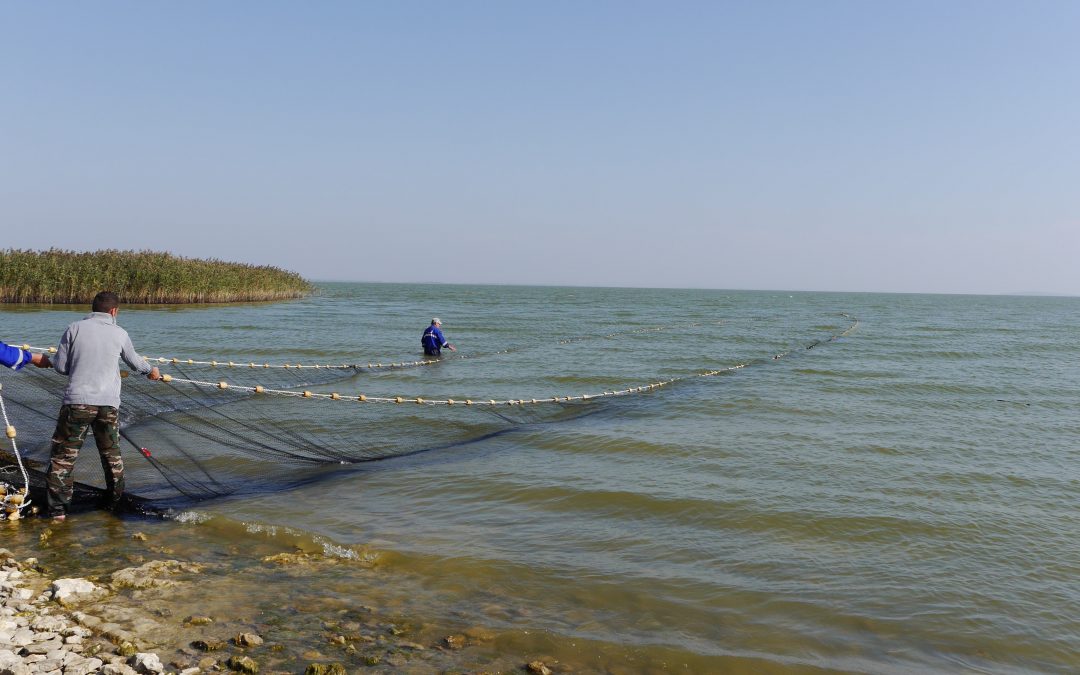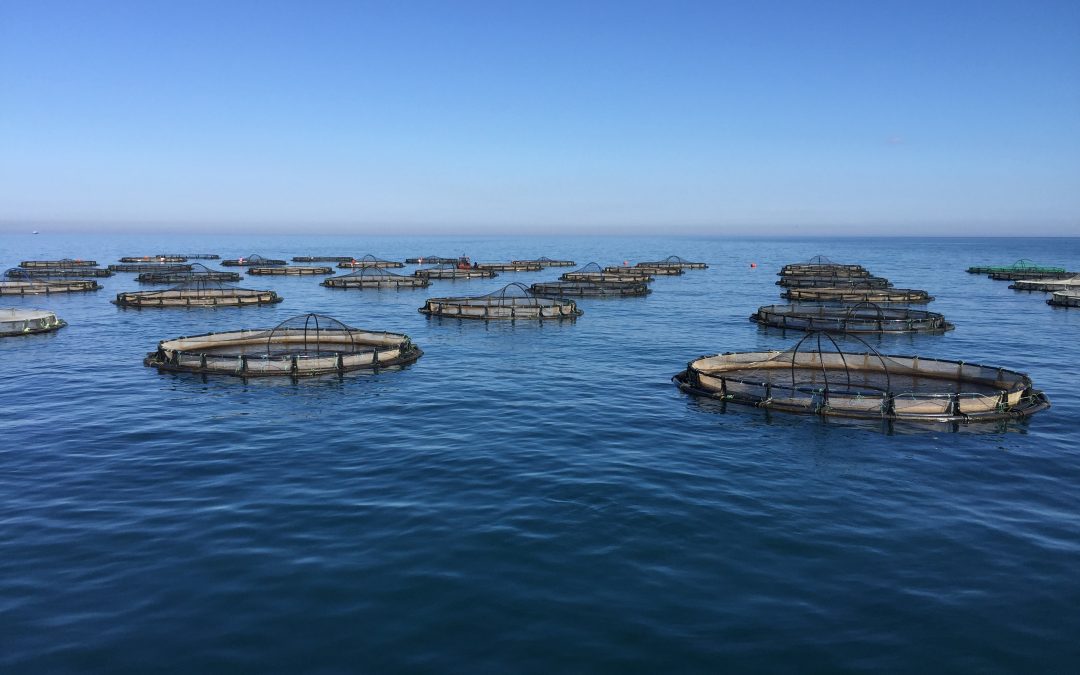by CERES | Jul 19, 2018 | CERES publications, marine aquaculture
The main goal of this study was to assess, for the first time, the effects of warming (+ 5 °C) and accumulation of a polybrominated diphenyl ethercongener (BDE-209, brominated flame retardant) through dietary exposure on energy budget of the juvenile white seabream...
by CERES | Jul 2, 2018 | CERES publications, marine aquaculture
The Baltic Sea is a shallow, semi-enclosed brackish sea suffering like many other coastal seas from eutrophication caused by human impact. Hence, nutrient load abatement strategies are intensively discussed. With the help of a high-resolution, coupled...
by CERES | Jun 30, 2018 | CERES publications, marine aquaculture, marine fisheries
Climate change is expected to have direct and indirect impacts on aquaculture sector. Awareness building and understanding the perceptions of aquaculture stakeholders regarding the impact of climate change on aquaculture are important pillars of developing adaptation...

by CERES | May 30, 2018 | CERES News, inland waters
Photo: fishing in the Razim lake, by Ion Navodaru, INCDDD, CERES consortium Irina CERNIȘENCU and her colleagues from Danube Delta National Institute for Research (Institutul National de Cercetare-Dezvoltare Delta Dunarii , INCDDD), CERES Project partner have presented...

by CERES | May 28, 2018 | CERES News
Photo: Aquaculture farm, by Ferit Rad, MEU, CERES Consortium European Commission has recently published two articles about CERES project. One was publish in the online Horizon Magazine “Europe must sea food in a new way thanks to warming waters” addressing aquaculture...



Comments